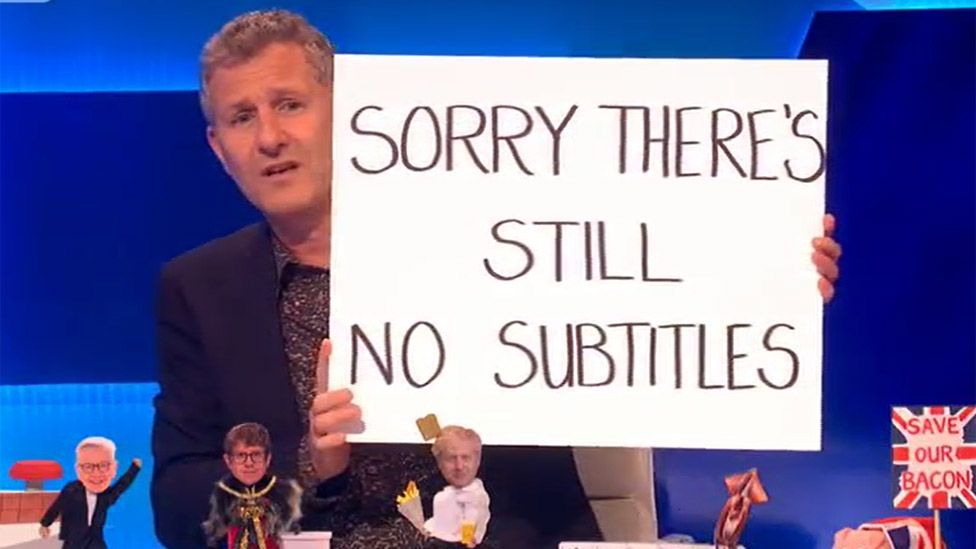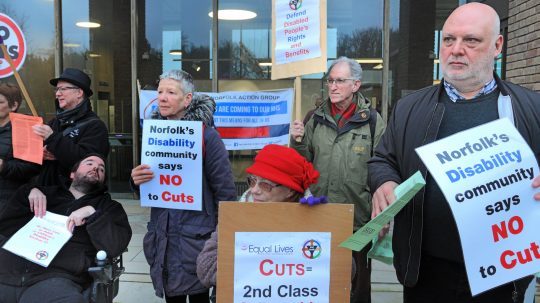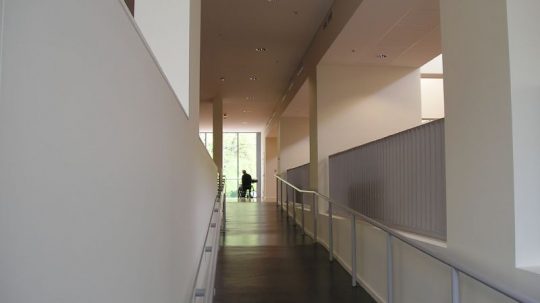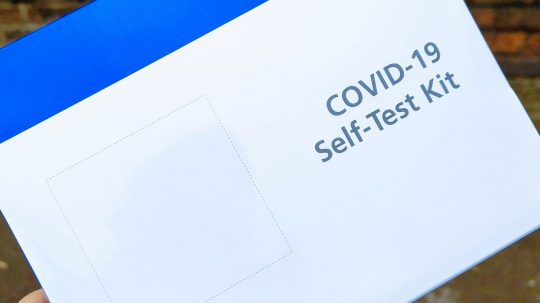Last September, the activation of a fire suppression system led to the destruction of several servers housed in media company Red Bee’s London office, affecting several leading broadcasters.
Channel 4 was one such broadcaster severely affected by the incident, but its issues were exacerbated when its back-up broadcast system also failed, leading to outages for a number of weeks.
In particular, Channel 4 was unable to provide subtitles, audio description and signing services for their programmes, which left millions of disabled people unable to follow its output for weeks.
Channel 4 was still able to meet its statutory requirement to have 90% of its programming include subtitles, but the remaining 10% was a major issue. This has led broadcasting regulator Ofcom to investigate the incident and find out why the broadcaster was unable to provide services used by millions, including deaf, hard-of-hearing, blind and partially sighted people, to watch and listen to television.
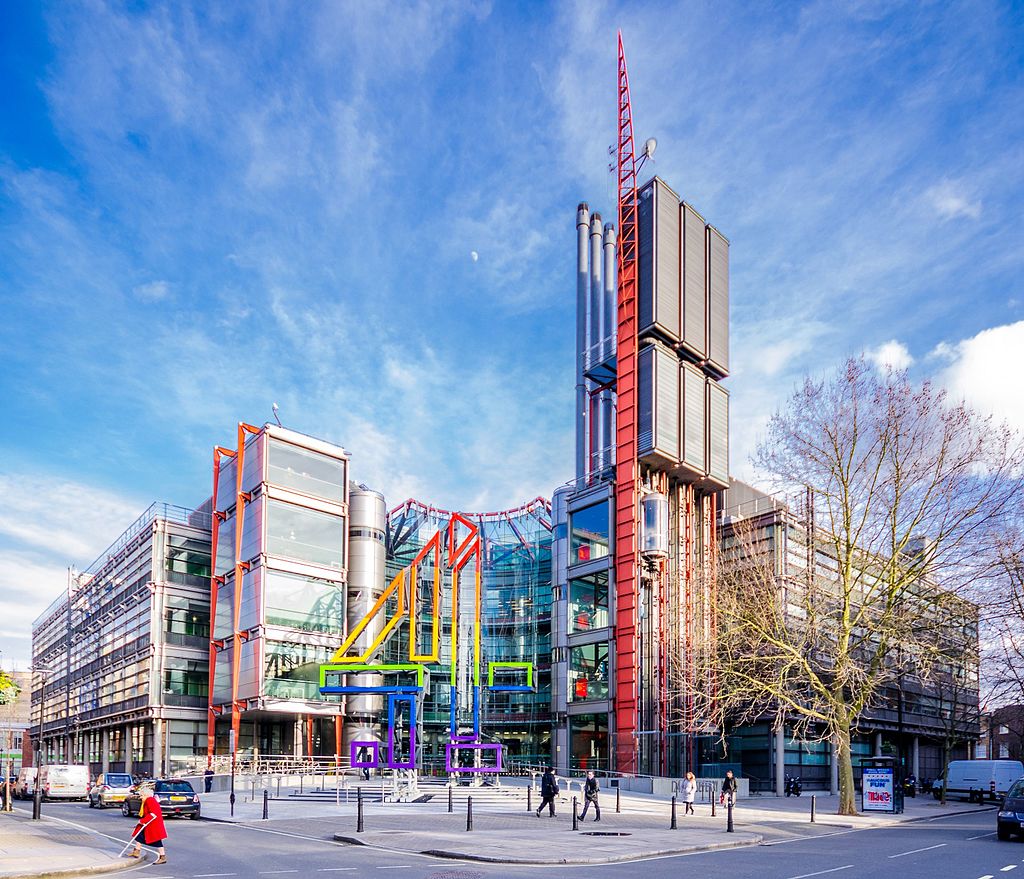
Credit: Tim Benedict Pou via Wikimedia Commons
Additionally, Ofcom revealed that Channel 4 fell short of its subtitling quota on Freesat, a satellite TV platform used in around two million UK homes.
This seems to be a once-in-a-blue-moon kind of situation, and Channel 4 previously said that it was sorry for the “significant impact” of the outage, but it raises questions of how important subtitles and access services are to large numbers of people across the UK.
A spokesperson for the channel provided a statement to the BBC, saying: “We apologise for the significant impact the Red Bee Media incident had on our access services”.
“Channel 4 would like to reassure our audiences that we have thoroughly reviewed the resilience of our systems to ensure that such a catastrophic event cannot harm our ability to deliver these essential services in the future”.
“Whilst we have not met our own high standards in 2021, we still delivered all of our overall statutory obligations and we are once again offering market-leading access services.”

Credit: Glenn Carstens Peter/Unsplash
Red Bee, the company where the incident occurred, also provided a statement, saying that they worked quickly to resolve the situation, and that their new platforms are “more resilient”, so people would experience “minimal disruption” from any similar incidents in the future.
As Ofcom noted, millions of people require these services in order to be able to enjoy TV. Moreover, subtitles are not only used by hard-of-hearing or deaf people, as they have become increasingly popular for general audiences to follow along with the show, for children learning to read, as well as for people who are neuro-divergent and have auditory processing issues.
Without subtitles, those people may be able to watch TV but without the same level of comfort and ease. For hard-of-hearing or deaf people, it is like watching a silent movie – they do not know what is being said and there is no accommodation to help them understand.
Accessibility is therefore important to a wide range of people and benefits everyone. As someone with auditory processing issues myself, I find it nearly impossible to focus on and understand an episode of TV without subtitles. While I can watch something without captions, why should I have to when it requires a lot more brain power to do so and captions are so easily included as an automatic option?
ITV, STV, UTV and Channel 4 are all required to provide subtitles for 90% of their programming hours by law, while most BBC channels must offer subtitles for 100% of their programme content.
That seems great at first glance, but there are still many shows and live programmes that disabled people are not able to access as a result. Not to mention that many subtitling efforts for live programmes in particular are not always accurate. As someone who can hear what is being said and read the subtitles, I often compare them and notice glaring deficiencies that may lead to viewers not properly understanding what is being shown to them.
This might be OK if it is an episode of EastEnders, but even so, people should be able fully to watch and understand a programme, regardless of its content. What about when they are watching the news and need to be aware of the latest Covid-19 regulations or the consequences of Putin’s invasion of Ukraine?
In light of Channel 4’s outage, the National Deaf Children’s Society called for action from Ofcom over what they deemed to be a “completely unacceptable” delay in fixing their subtitles. The charity said that it was a “complete dereliction of duty” to the 12 million deaf people in the UK, as well as highlighting the “severe detrimental impact” on young, deaf viewers who could not even watch a cartoon.
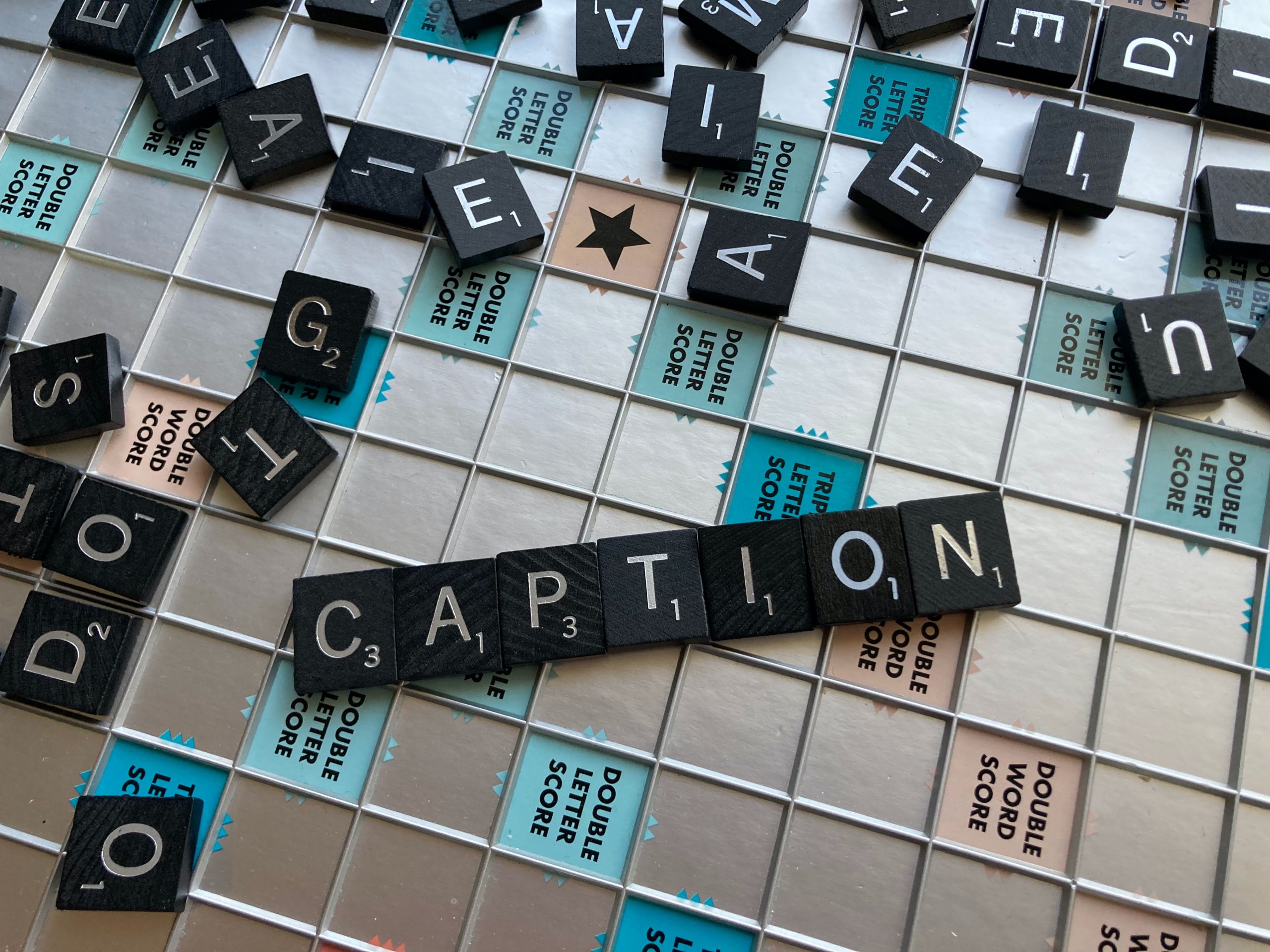
Credit: Monica Flores/Unsplash
That is not even counting the many thousands who are neuro-divergent and also require subtitles. Everyone who needs, or even just wants, to have subtitles available should be able to have them as a matter of right.
The Equality Act (2010) and Article 14 of the Human Rights Act (1998) both offer protection from discrimination for disabled people. All of the rights and freedoms set out in those Acts should be applied without discrimination, with one type of discrimination against disabled people being “failure to make reasonable adjustments”.
Subtitles, signing and audio description services are all considered to be “reasonable adjustments” for disabled people. When broadcasters like Channel 4 fail to provide these for an extended period of time, or fail to provide them accurately, they are failing in their duties to disabled people. Captioning and other access services on legacy TV are not fit for purpose at the moment, as they leave large sections of programming unavailable to many people, forcing them to watch only what they are ‘allowed’ to watch.
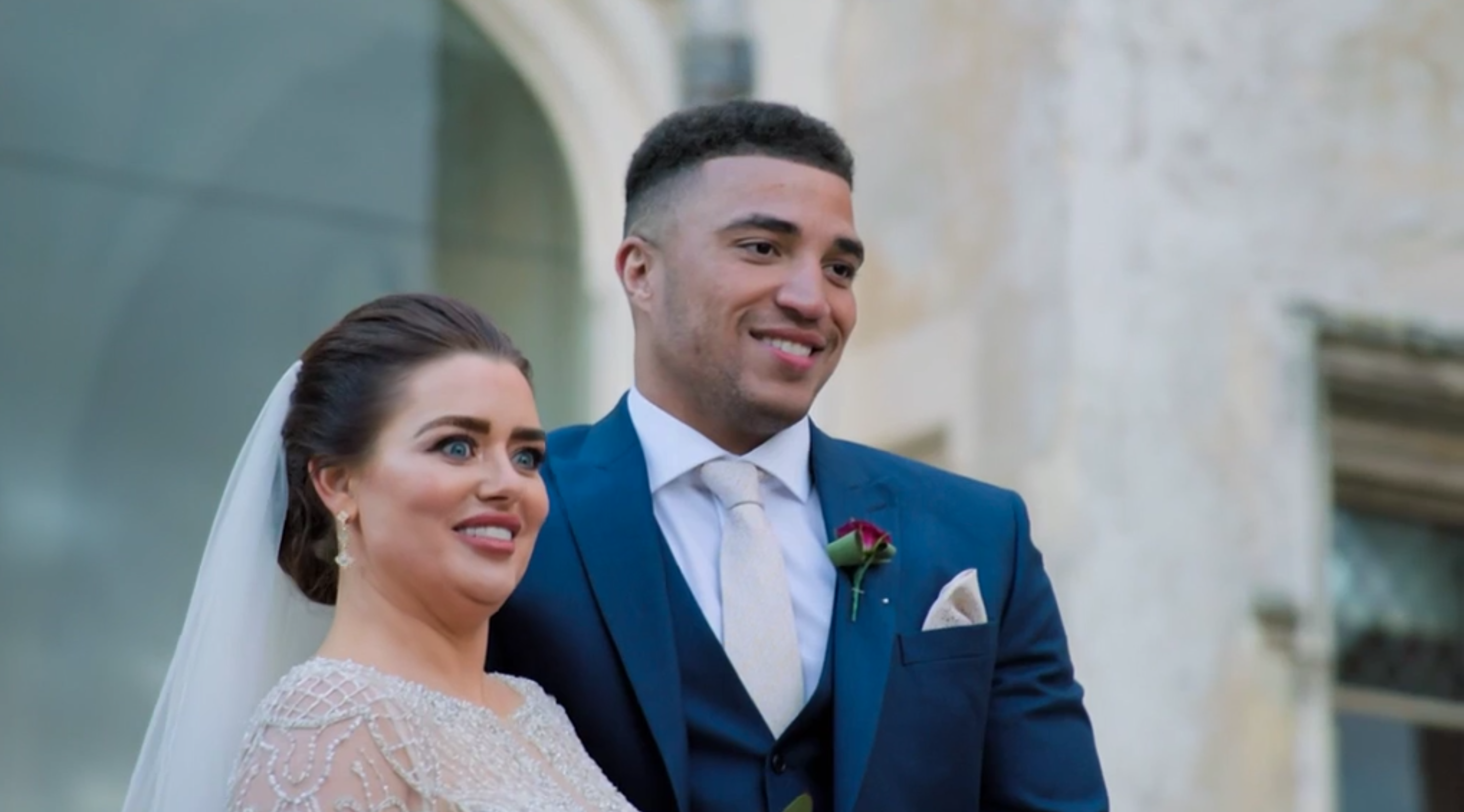
Credit: Married At First Sight UK/Channel 4
It is not fair to anyone who requires access services to enjoy The Masked Singer or Married At First Sight to not provide these services 100% of the time and ensure that they are accurate and useful.
When Channel 4’s outage occurred, they inadvertently aired an old episode of Married At First Sight instead of the finale that was scheduled, leading to widespread outrage from fans. Where is that same outrage for the millions of people who could not watch any Channel 4 TV for months and continue to struggle with accessibility? The irritation and frustration that many felt over Married At First Sight is what they feel every day.
Channel 4 have since confirmed their commitment to providing access services in 2022, with Chief Operating Officer, Jonathan Allan, saying: “While Channel 4 did exceed the regulatory targets set by Ofcom, we would like to apologise once again to everyone who was affected by the severe technology incident at the end of last year that affected our services.”
“This year, not only will every programme on our linear channels and All 4 be subtitled, but we are increasing the number of programmes that are audio described and have BSL [British Sign Language] provision.”
They have also promised to “return to 100% subtitles across all linear channels” and are committing to achieving “100% subtitles on All 4 by the end of 2022,” as well as increasing signing and audio description significantly. Only time will tell whether Channel 4 manages to do what it has promised – if they do, it will be a boon for disabled viewers everywhere.
The views expressed in this article are those of the author and do not necessarily reflect the views of EachOther.

